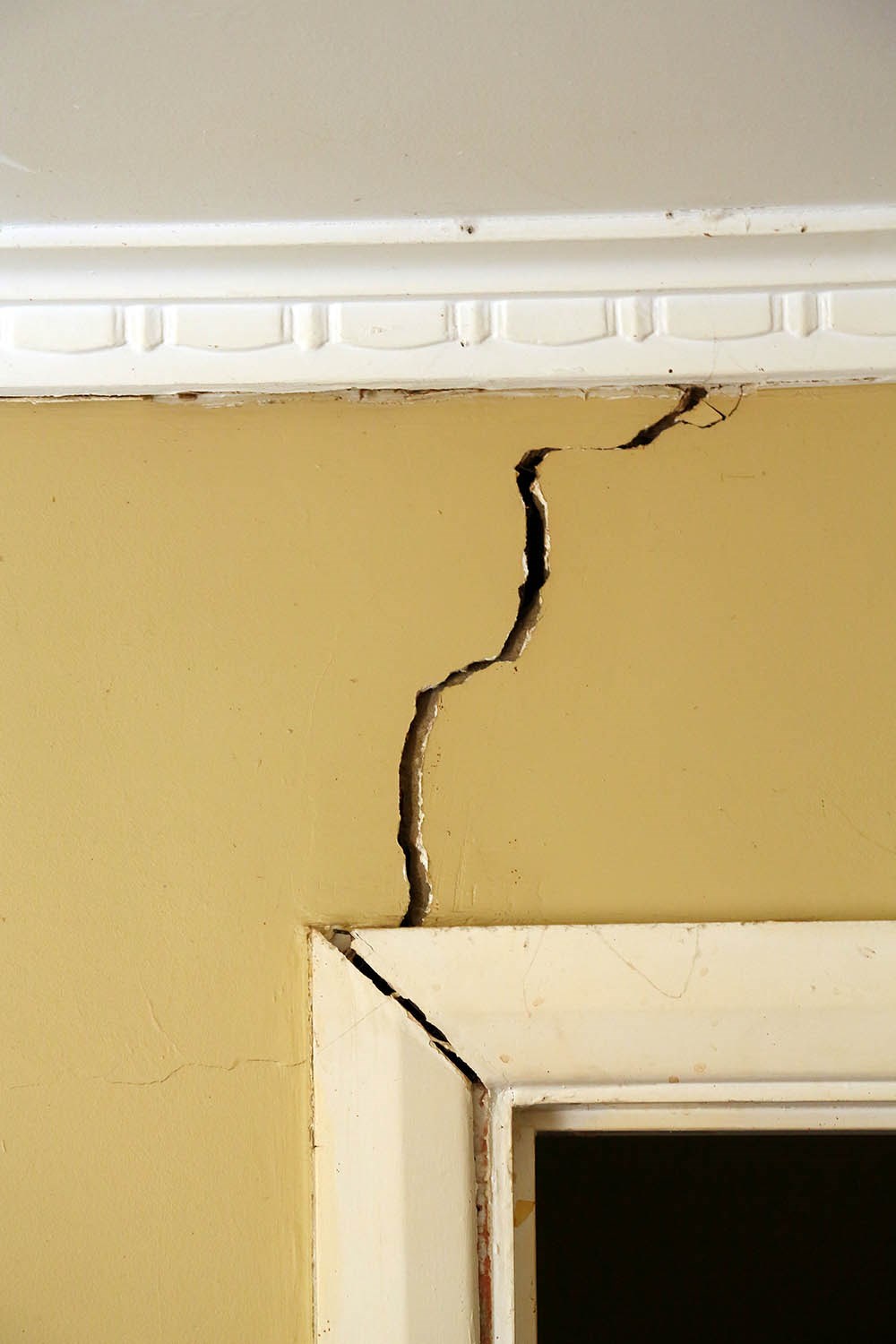An 8-step guide to winter-proofing your home. – by Laura Barry
Depending on what part of Australia you live in, winter can be a sub-zero season complete with rain, hail, snow, severe winds, and sometimes even flooding.
This weather doesn’t just give us all a bad case of the winter blues, it can knock your house around as well. And there’s nothing worse than settling in to watch a Saturday night movie, only to see a leak sprouting from the ceiling or feel a freezing draught whipping under the door.
While you can snuggle up underneath a heated throw, that will only prove to be a temporary fix. With that in mind, we’ve created a winter survival guide for your home that should help you be prepared for whatever the weather may throw at you this winter.
1. Do a roof check
Your roof is all that stands between you and the elements. On a bright and clear morning, when visibility is good, you need to do a thorough inspection of the condition of your roofing, such as identifying broken tiles or joins. Get someone in to repair your roof as soon as possible if necessary.
2. Clean the gutters
Clearing out your gutters following autumn is a great way to ensure your plumbing won’t suffer from blockages when the water hits.

Getty
3. Consider insulation
Insulating your roof can keep you warmer in winter and cooler in summer. Check that yours is still in good condition, or consider have your roof insulated.
4. Fill the cracks
Gaps under doors, around windows or cracks that have begun to show in floors and walls can all cause cold draughts in your home, and these draughts can quickly make your home feel cold. Considering the cost of heating, it’s important to get those cracks identified and repaired prior to winter, so you aren’t spending money on heating that’s literally wafting out the door. Invest in door snakes for loose or sagging doorframes, or have them re-sealed.

Getty
5. Deal with the damp now
If your home has a habit of developing mould or dampness during summer, then you need to identify the problem and try to rectify it before winter. Rising damp and mould can be exacerbated in wet weather, and both issues can cause serious health problems – not something you want during a season usually spent indoors.
6. Look at your windows
Winter is a time when many areas experience severe winds and hail. Keep your windows well-maintained nad check that your windows don’t rattle, and that they can withstand a bad storm. It’s impossible to sleep with a window rattling like an angry snake.

7. Do a heat check
Now is the time to check that your electric heaters and thermostats work, and have them repaired before the mercury really drops. For those who still have a fireplace, it’s important to keep it up-to-date and have the flue cleaned in case pests have made a home in it during summer.
8. Heat smarter, not harder
Heating is a huge cost to many families during winter, so you need to plan your use of it carefully. Only heat rooms when people are inside them, set your thermostat to 18-23 degrees, as every degree lower can save on your energy usage, and remember to close curtains or blinds to stop the heat from escaping.
Invest in winter-weight bedding and blanket, slippers for the family, and remember to leave throw blankets in accessible spaces. Rug up before you turn up the heat.

Getty
You might also like:
Disclaimer: The opinions posted within this blog are those of the writer and do not necessarily reflect the views of Better Homes and Gardens® Real Estate, others employed by Better Homes and Gardens® Real Estate or the organisations with which the network is affiliated. The author takes full responsibility for his opinions and does not hold Better Homes and Gardens® Real Estate or any third party responsible for anything in the posted content. The author freely admits that his views may not be the same as those of his colleagues, or third parties associated with the Better Homes and Gardens® Real Estate network.



